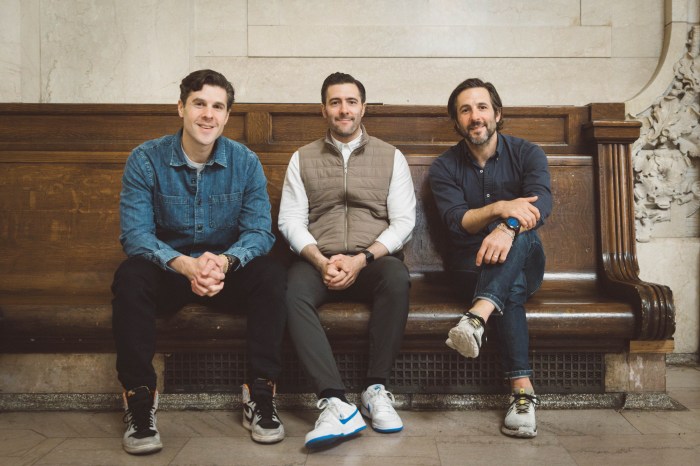Extraordinarily high construction costs are keeping the MTA from meeting the demands of a growing city, elected officials who rallied for spending reforms charged on Monday.
The politicians from the city and the state — all Democrats — called on the MTA to create an independent commission of experts to study why the agency’s capital projects cost nearly three or four times that of projects in similar cities like London, Paris or Los Angeles.
The focus on costs comes in the wake of rising subway delays, as well as high-profile service failures that continue to plague morning commutes. On Monday morning, signal problems at midtown stations caused delays and service changes on eight lines, leading to the suspension of B and M trains.
“The MTA has the highest construction costs compared to any other city on the planet. The MTA regularly spends three to six to ten times more money for a capital project compared to anywhere else,” said Manhattan City Council member Helen Rosenthal. “New York City cannot afford to keep spending more and getting less as service delays and disruptions have been growing from bad to worse.”
Between 1999 and 2023, Madrid will have built 71 miles of underground railway at the cost of $3.5 billion. London will have 48 miles of new underground rail at $31 billion. New York expects to have only 13 miles at $19.9 billion. The first three stations along the Second Avenue line cost $4.5 billion to build, which a variety of experts view as the most expensive subway extension on the planet.
Higher costs mean fewer subway expansions and fewer major projects, such as improving wheelchair accessibility in stations and replacing decrepit signals with modern equivalents, the politicians said.
“A lot of the time critique of government spending comes from kind of a right-wing point of view from folks who want to just do away with government altogether. That’s not where we’re coming from,” said David Bragdon, executive director at the advocacy group TransitCenter. “We believe more money ought to be spent on transit and frankly it’s hard — it’s even embarrassing — to be a transit advocate and to be asking for more money for the MTA when you know a portion of that money is going to be wasted.”
While sounding the alarm, officials offered little insight into what they believe to be at the root of the high construction spending at an agency that boasts a $32 billion, five-year capital plan. Several experts believe labor costs, such as overstaffing and work regulations, play a primary role in exorbitant spending. Rosenthal, however, dismissed the idea. She and City Councilman Ydanis Rodriguez pointed to the MTA’s process of selecting contractors for projects as a possible area for reform.
The MTA’s board has grown frustrated with the procurement process, which some on the board have said does not have stiff enough penalties for contractors that do poor work. Rodriguez believes the agency could broaden its pool of companies to choose from.
“Right now there’s like 15 international corporations that are doing construction related to the needs of the MTA. Do you know how many the MTA uses? Two,” Rodriguez said.
In a letter dated Aug. 10, Rosenthal and Rodriguez wrote to MTA Chairman Joe Lhota requesting he form the independent commission to explore cost reforms. They said they have not heard back.
Shams Tarek, an MTA spokesman, said in a statement that the agency is “laser-focused” on reducing construction costs. He added that the agency had already formed such a panel back in 2008 and that the panel’s recommendations have helped reduce spending. Tarek listed a handful of measures, including expanding the use of design-build contracting, that the MTA is implementing to tackle the issue.
“The MTA is constantly studying best practices and taking aggressive steps to build major projects while lowering costs, with approaches such as design-build contracting and aggressively holding contractors accountable for delays,” Tarek said. “New York has some of the highest construction costs across all industries — which is exactly why the MTA’s new senior management team is laser-focused on this issue.”
Bragdon said the agency must move on from its common “excuses” that an expensive city, paired with a complicated web of underground infrastructure and the challenges of an old subway system, inflate costs.
“We know that the excuses Gov. [Andrew] Cuomo’s MTA is making really do not hold up,” Bragdon said, pointing to cheaper subways being built more efficiently in older, similarly expensive cities around the world. “While New York is making those excuses, other places are making progress.”

































